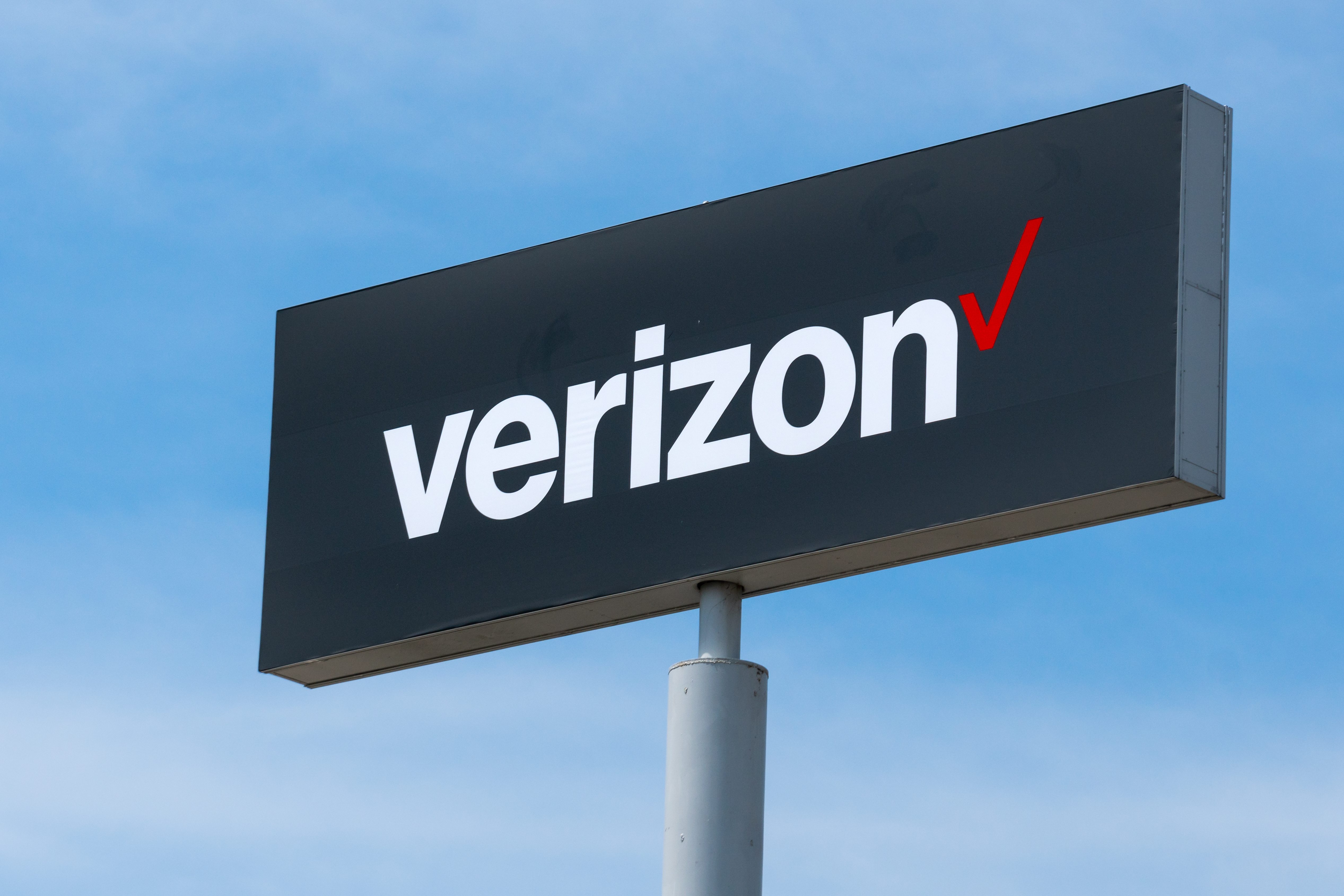In a booming broadband industry, T-Mobile and Verizon have emerged as the frontrunners, experiencing growth that surpasses their competitors combined. Both companies recently shed light on the data consumption of their 5G home internet customers, giving valuable insight into this evolving sector.
Verizon revealed that its customers consume an average of 300GB of data per month, while T-Mobile’s Chief Technology Officer, John Saw, stated that their users consume 450GB of data monthly, according to LightReading. Although these figures fall short of OpenSignal’s estimated average of slightly over 600GB, they still align with standard internet service usage.
Interestingly, Comcast customers are leading the pack, devouring a staggering 700GB of data per month, as disclosed during the company’s earnings conference call in July.
In the quest to offer reliable and high-speed internet connectivity, traditional cable companies find themselves trailing behind. Fixed wireless access (FWA), commonly referred to as 5G home internet, has stolen the spotlight, accounting for approximately 80% of broadband customers in the second quarter.
However, doubts loom over the future of 5G home internet. Cable providers argue that FWA’s days are numbered due to its inability to keep up with the speed and bandwidth demands of customers. Charter Communications CEO, Christ Winfrey, dismissed FWA as “just another form of DSL” during the Goldman Sachs Communacopia + Technology conference.
T-Mobile CEO, Mike Sievert, also expressed limitations on the company’s capacity, as they must prioritize their core wireless service over expanding their 5G home internet reach.
Despite these reservations, FWA continues to attract a significant number of former cable customers, although LightReading reports that its growth rate is beginning to plateau. Nonetheless, FWA remains ahead of its cable competitors in terms of customer addition.
The future of the broadband industry hangs in the balance as the battle for supremacy intensifies. T-Mobile and Verizon have emerged as champions for now, but only time will reveal which technology will triumph in the race to deliver seamless and efficient internet access.

